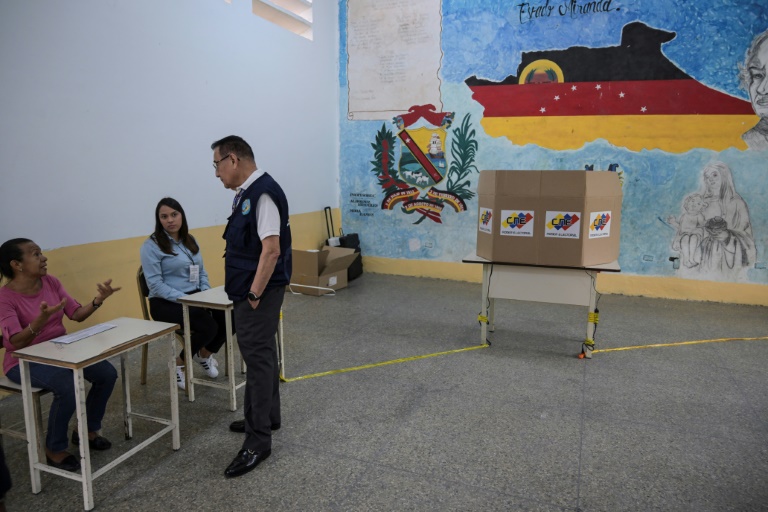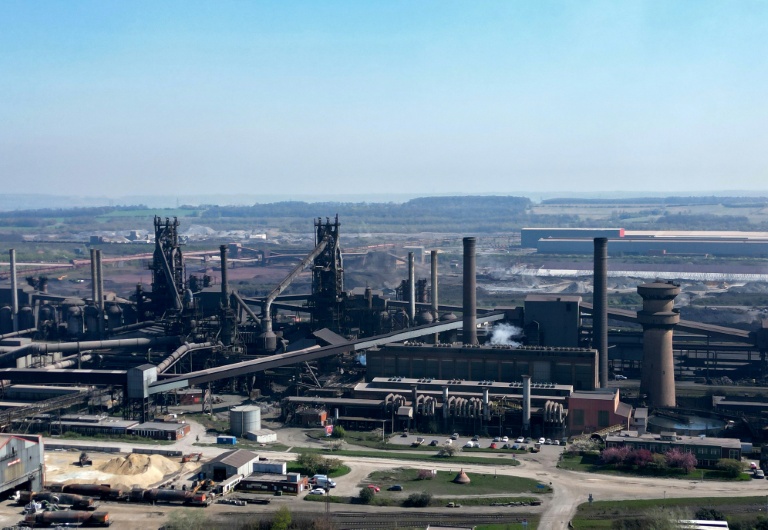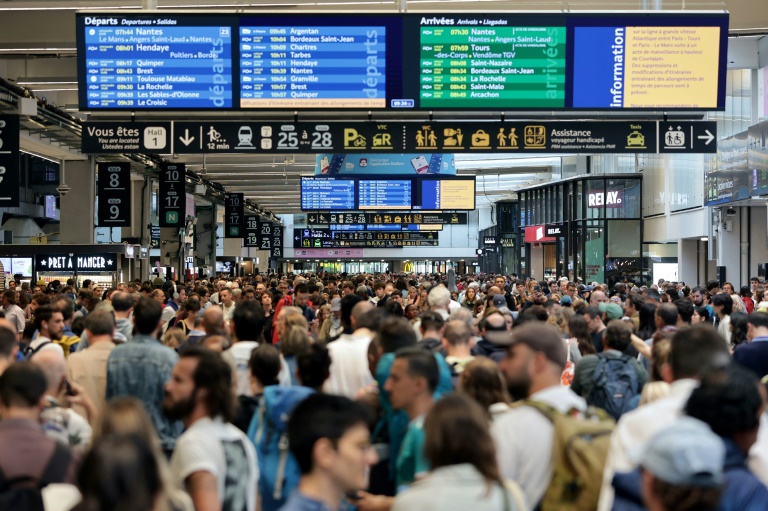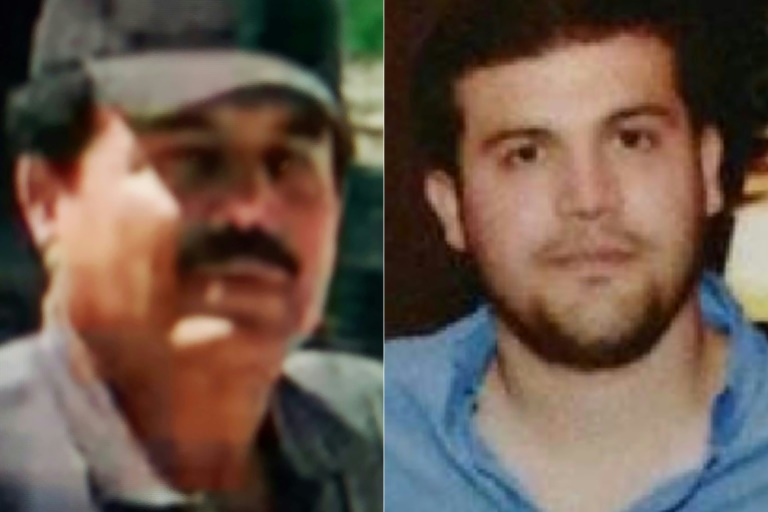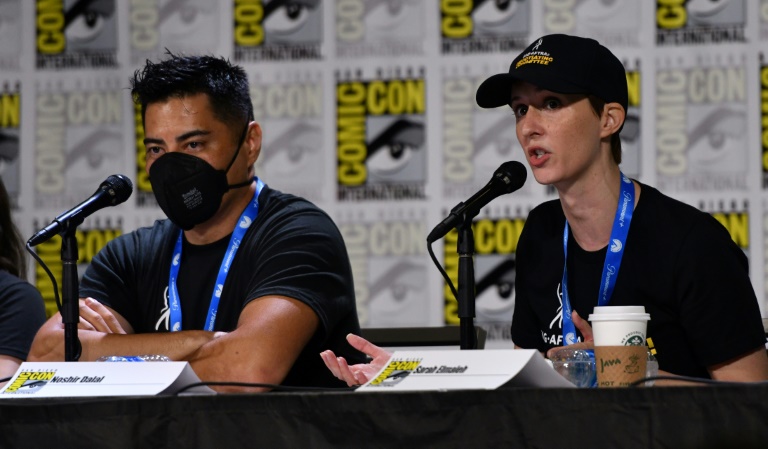Panama on Friday accused Venezuela of blocking a flight carrying former Latin American presidents — all critics of President Nicolas Maduro — to observe elections due in two days.
In the latest blow to an already fraught election run-up, Panama’s President Jose Raul Mulino said a Copa Airlines plane with four ex-leaders on board was not allowed to leave Panama City “due to the blockade of Venezuelan airspace.”
They are Mireya Moscoso from Panama, Miguel Angel Rodriguez of Costa Rica, Jorge Quiroga of Bolivia and Vicente Fox of Mexico — members of the Democratic Initiative of Spain and the Americas, a group working to promote democracy.
Diosdado Cabello, vice president of Venezuela’s ruling party, had warned this week the former presidents would be expelled if they came, calling them “enemies of this country.”
“A bad sign for Sunday,” Fox said Friday in an interview with Mexico’s Grupo Formula radio. “We were removed from the plane with blackmail and pressure from Venezuela.”
Caracas this week withdraw an invitation to observe the vote to Argentina’s ex-president Alberto Fernandez, after he publicly urged Maduro to accept the outcome, even if he loses.
It had earlier canceled an invitation to European Union experts, while allowing monitors from the UN and the US-based Carter Center.
Populist socialist Maduro, 61, will seek reelection Sunday to a third six-year term amid accusations of opposition harassment by an increasingly authoritarian regime.
His government agreed with the opposition last year to hold free and fair elections this year, with international observers present — winning a temporary easing of sanctions from the United States.
But he since reneged on some of the conditions, and loyalist institutions barred opposition leader Maria Corina Machado from running against him.
She has been replaced by little-known ex-diplomat Edmundo Gonzalez Urrutia, 74, who polls say should win by a large margin.
Analysts, observers and many opposition supporters doubt Maduro, who counts on a loyal electoral machinery, military leadership, courts and state institutions, will let him.
Friday’s international incident adds to growing alarm in the region after Maduro’s warning of a “bloodbath” if he loses Sunday’s vote.
Brazil’s President Luiz Inacio Lula da Silva said the statement had “scared” him adding: “Maduro has to learn: if you win, you stay. If you lose, you go.”
On Friday, Argentina’s ultra-liberal President Javier Milei, at odds with many of his leftist counterparts in the region, said in a message to Machado that his country supported Venezuela “in this struggle for freedom” and called for voting rights to be respected.
The Foro Penal, an NGO advocating for the rights of “political prisoners” in Venezuela, said Friday the authorities have arrested 135 people with links to the opposition campaign since January.
Forty-seven are still detained.
US National Security Council spokesman John Kirby said this week Washington hoped for “peaceful elections” and stressed that “any political repression and violence is unacceptable.”
The United States, which has sanctions in place against the Maduro government, is keen for a return to stability in oil-rich Venezuela, whose economic collapse has prompted many migrants to head to its southern border.
Maduro’s 2018 reelection was rejected as illegitimate by most Western and Latin American countries.
But years of tough sanctions and other pressure failed to dislodge the president, who enjoys support from Cuba, Russia and China.
The formerly rich petro-state has seen GDP fall by 80 percent in less than a decade, driving some seven million of its citizens to flee.
Most Venezuelans live on just a few dollars a month, with the health care and education systems in total disrepair and biting shortages of electricity and fuel.
The government blames US sanctions for the state of affairs, but observers say it all started with deep-rooted corruption and mismanagement.
The head of the CNE electoral commission, Elvis Amoroso — also a Maduro loyalist — said Friday “we have everything ready” for some 21 million eligible voters to cast their ballots at more than 30,000 polling stations on Sunday.

